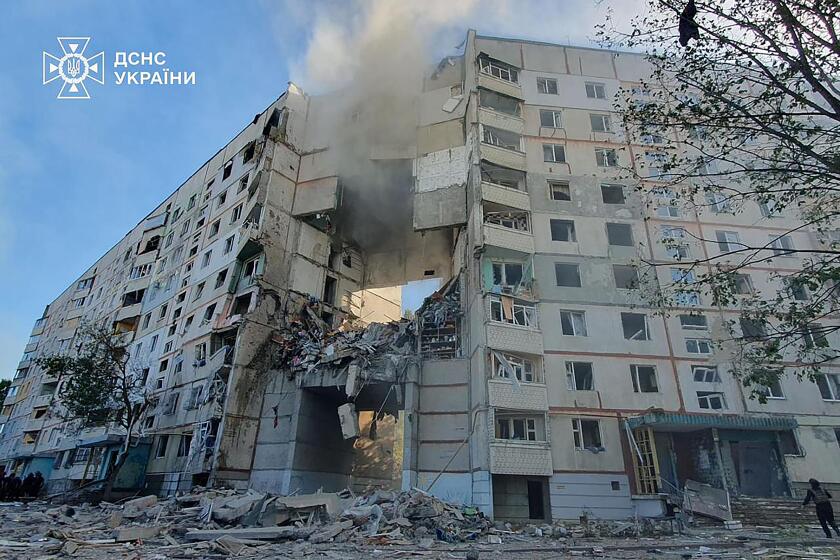Noriega fights move to France
Former Panamanian dictator Manuel Noriega on Thursday made his first court appearance in a dozen years, his face expressionless as his lawyers fought a French request for extradition once he is released from a Florida prison in September.
A black coat covering his general’s uniform and insignia, the 72-year-old answered tersely in Spanish to U.S. Magistrate William C. Turnoff’s questions about his name, age and whether he understood the proceedings.
The first hearing on the U.S.-backed French extradition bid to try him on money-laundering charges took place in the same 1930s-era courtroom where Noriega was convicted on drug-trafficking charges in 1992 and given a 40-year sentence. He was arrested in January 1990 by U.S. forces after they invaded Panama the month before.
Because Noriega was taken into custody during the U.S. invasion ordered by President George H.W. Bush, he was deemed a prisoner of war by U.S. District Judge William Hoeveler, who presided over his trial and a decade ago also reduced his sentence by 10 years.
Attorneys Jon May and Frank Rubino, flanking the diminutive Noriega, asked Turnoff to postpone any action on the extradition request until Hoeveler rules on their contention that as a POW, Noriega must be returned to his home country once his U.S. sentence is completed.
Now a born-again Christian, Noriega has been credited with time for good behavior and is due for release from his apartment-like cell at a Southwest Miami prison on Sept. 9.
Turnoff said that whatever Hoeveler decides on the POW issue would be “controlling in this matter,” but that he saw no reason not to proceed with the extradition case pending that decision. He set an Aug. 28 hearing, more than two weeks after an Aug. 10 session Hoeveler has scheduled to consider Noriega’s request to be sent home after his release.
Under the Geneva Convention, a POW must be returned to his home country once the conflict and any sentence have concluded. But Assistant U.S. Attorney Michael Patrick Sullivan argued in a brief to Hoeveler that the rules cannot be invoked to block extradition.
“The defendant can be extradited to France in accordance with all of the United States’ treaty obligations -- including its obligations under the Geneva Conventions,” Sullivan argued.
An appeal by Noriega’s lawyers for his release on bond pending the extradition hearing was denied by the judge, who noted that Noriega’s prison term runs for seven more weeks. Rubino’s claim that Noriega has ties to the community “as a resident of South Florida for 18 years and currently employed by the U.S. government” drew laughter from the packed courtroom.
In Panama, Noriega is wanted on suspicion of murder and human rights violations, including the beheading of a political opponent, Hugo Spadafora, and the deaths of 10 leaders of a 1989 coup attempt against his military regime.
May and Rubino said their client was eager for his day in Panamanian court and confident he would soon be free there to live out his retirement in the company of his grandchildren.
Panama’s now-democratic leadership under President Martin Torrijos is “not trying at all” to have Noriega repatriated, Rubino said.
“They’re hiding in the background letting France have their citizen,” said the lawyer who has represented Noriega since he was brought here and charged in 1990. “In my opinion, they’re scared to death about his coming back ... although as far as we know there is no political movement ready to embrace him.”
France convicted Noriega in absentia in 1999 on money-laundering charges in connection with his alleged use of $3.15 million in drug-running earnings to buy luxury homes in Paris. If extradited, he would be entitled to a new trial.
The U.S. move to oust Noriega and the charges that sent him to prison were inspired by intelligence that he had been collaborating with Colombia’s Medellin drug cartel to ship cocaine to the United States via Panama, receiving as much as $500,000 per delivery. But it emerged during his trial that he also had been on the CIA payroll for years.
--
More to Read
Sign up for Essential California
The most important California stories and recommendations in your inbox every morning.
You may occasionally receive promotional content from the Los Angeles Times.











